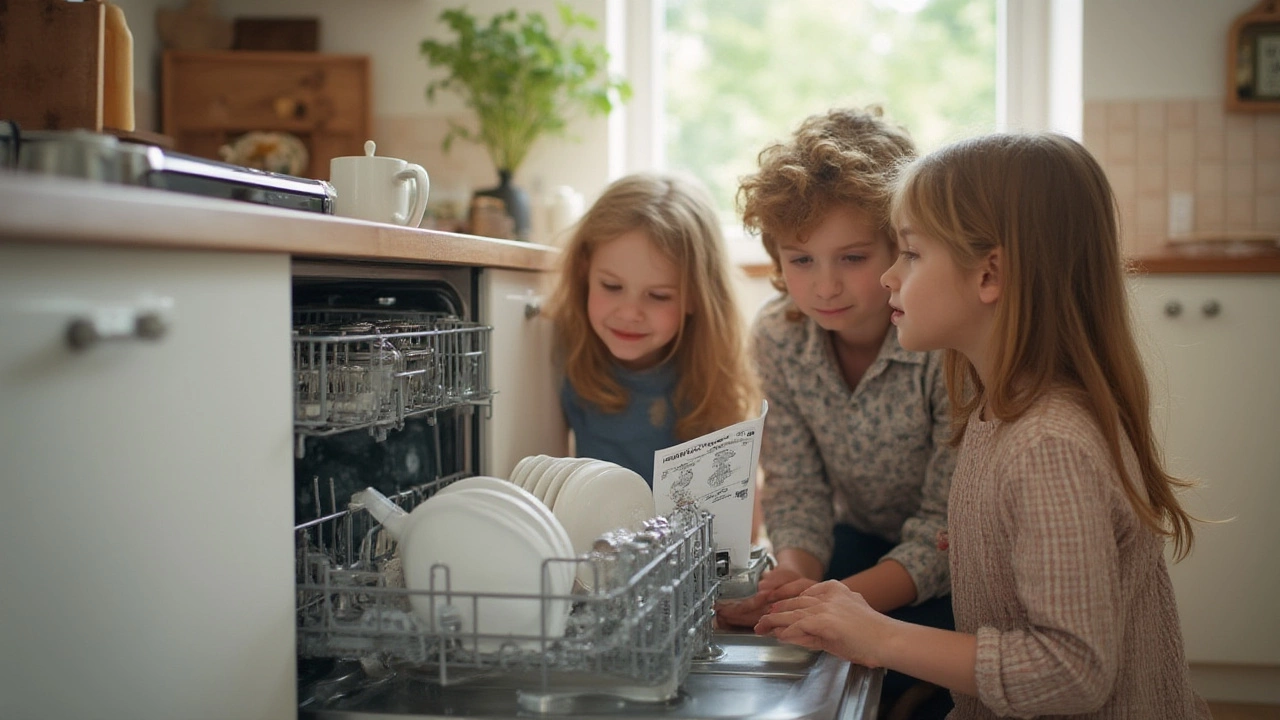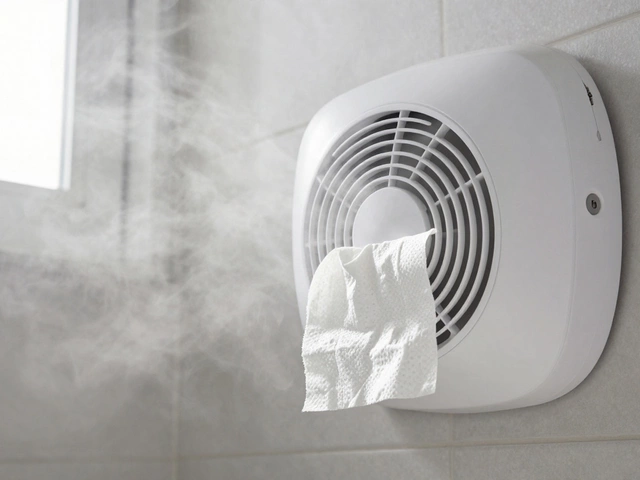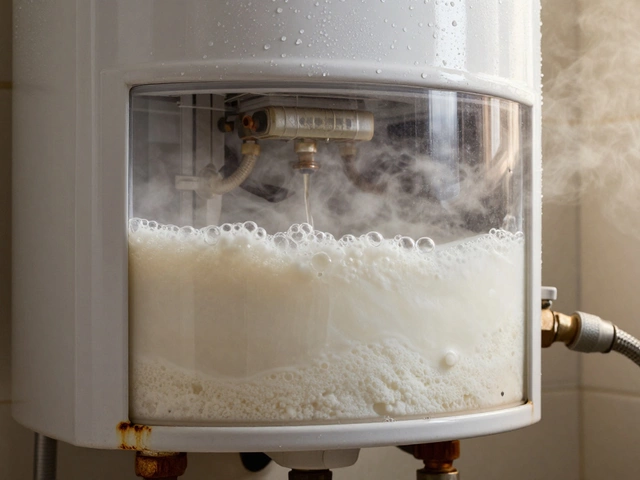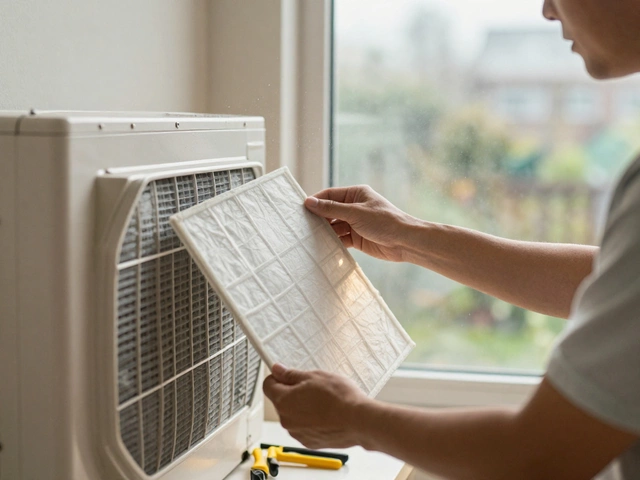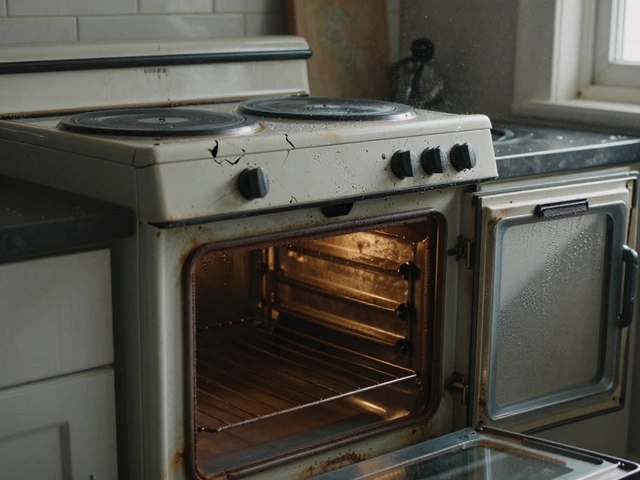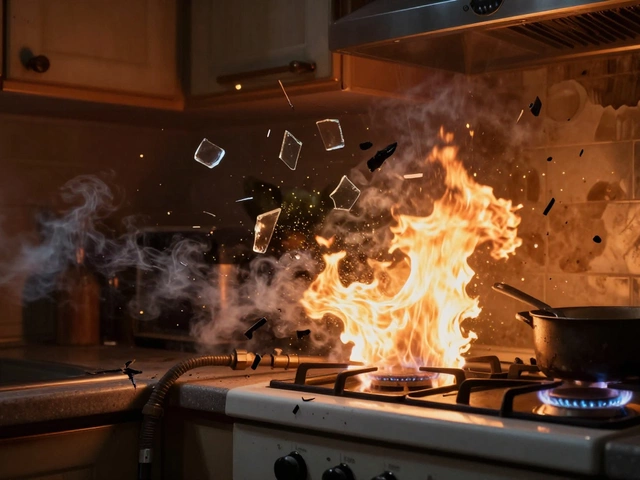Most Common Dishwasher Fault – What It Is and How to Fix It
If your dishwasher never seems to get those dishes sparkling, you’re probably dealing with the most common dishwasher fault: poor cleaning performance. It’s frustrating, noisy, and can make you wonder if you should just wash everything by hand. The good news? Most of the time you can solve it yourself without calling a technician.
Why Dishwashers Miss Spots
The biggest culprit is usually a blocked spray arm or a dirty filter. Food particles, hard water deposits, and broken glass can clog the tiny holes that spray water onto your dishes. When the spray can’t reach every corner, food stays stuck and the machine looks like it’s not working. Another common issue is a weak pump that can’t push water through the system fast enough, especially if the pump motor is wearing out.
Simple Fixes You Can Do Yourself
Start by removing the bottom rack and taking out the filter. Rinse it under warm water and use a soft brush to scrub away grime. Next, inspect the spray arm – most models let you pop it off with a twist. Run a thin wire or a toothpick through the holes to clear any debris. If water still seems weak, check the pump inlet for blockages and make sure the hose isn’t kinked.
Leaking water is another red flag. Look for cracks in the door gasket or a loose hose connection. Tighten any loose clamps and replace a worn gasket – they’re cheap and easy to fit. If the dishwasher is making loud grinding noises, the issue could be a broken impeller or a worn‑out motor bearing. In these cases, it’s safest to call a pro, as disassembling the motor can be tricky.
Even if you get past the cleaning problem, a dishwasher that won’t drain is a nightmare. First, check the drain hose for clogs; a simple snake or a long flexible brush can clear it out. Then, look at the drain pump filter – it often catches bits of food that would otherwise block the pump. Clean it regularly to keep water flowing.
When you’ve tried the above steps and the machine still underperforms, it’s time to consider professional help. A technician can test the motor’s electrical continuity, replace a faulty pump, or fix wiring issues that are beyond DIY safety. Call a local repair service, like Weymouth Appliance Repair Services, and mention the specific symptoms you’ve observed – it helps them bring the right parts.
Preventing future faults is all about regular maintenance. Run a monthly cleaning cycle with a dishwasher cleaner to dissolve limescale and grease. Wipe the door seal after each use to stop mold growth, and run the hot water tap for a few seconds before starting a wash so the dishwasher begins with the hottest water possible.
In short, the most common dishwasher fault is usually a simple blockage or a worn part that you can address yourself. By checking the filter, spray arm, and hoses regularly, you’ll keep your dishwasher humming and your dishes sparkling. If a problem persists, don’t hesitate to get a qualified technician involved – a quick fix now can save you a costly replacement later.
Most Common Dishwasher Fault: Causes, Fixes, and Expert Tips
- Alden Wilder
- Jul 30 2025
- 0 Comments
Find out why dishwashers stop draining and how you can fix the problem yourself before calling a professional. Step-by-step tips included.
View More